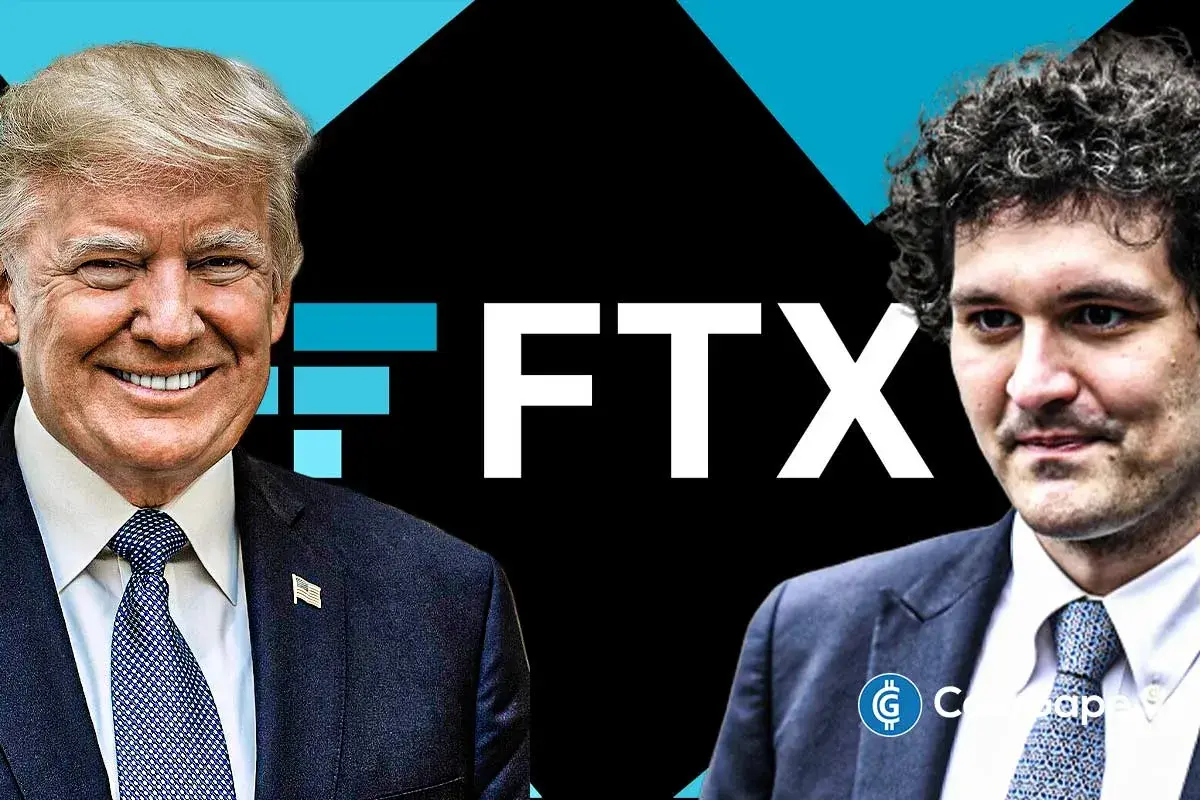US SEC Faces Backlash as Bybit Hack Highlights Lack of Oversight

Highlights
- US SEC crypto enforcement rollback leaves investors vulnerable to massive exchange hacks.
- Bybit’s $1.5B hack exposes risks of weak oversight as US SEC retreats from crypto regulation.
- Without SEC protections, crypto investors face losses with no recourse after major breaches.
John Reed Stark has pointed out that one of the causes of a rising risk in crypto security is the US SEC cutting back on enforcement activities. This includes a latest attack on crypto trading platform Bybit which compromised and stole $1.5 billion belonging to customers.
The attack, which analysts describe as the largest crypto heist in history, has raised concerns about the lack of regulatory safeguards protecting investors.
US SEC Criticized as Bybit Hack Highlights Security Gaps
According to a recent post on X, Stark criticized the US SEC’s decision to roll back enforcement actions against cryptocurrency platforms. He pointed out that Bybit’s security breach is a direct consequence of weak regulatory oversight, leaving investors unprotected against sophisticated cyberattacks.
The attack on Bybit has been linked to North Korea’s Lazarus Group, a state-sponsored hacking collective known for targeting cryptocurrency exchanges. Analysts at blockchain forensics firm Elliptic reported that the group has stolen billions in crypto over the years, using complex laundering methods to fund North Korea’s missile programs. Without strict cybersecurity requirements enforced by the US SEC, exchanges remain vulnerable to such threats.
EX SEC John Reed Stark added,
“For crypto-exchanges, there’s no regulatory oversight; no consumer protections; no net capital requirements; no licensure of individuals; no US audits, inspections or examinations; no segregation of customer funds; no insurance, no cybersecurity requirements; no transparency; no accountability; no SEC/FDIC/OCC/etc. engagement and the list goes on”
Bybit’s $1.5 Billion Hack Exposes Risks
The Bybit hack has sparked concerns about the broader security risks in the crypto industry. Crypto exchanges lack oversight, unlike traditional financial institutions. They have no mandatory audits, capital reserves, or customer asset protection.
Bybit has responded by securing bridge loans to cover losses and working to recover the stolen assets. However, experts remain skeptical about the likelihood of successful recovery. This incident underscores how the absence of SEC enforcement leaves crypto investors exposed to large-scale losses with no regulatory safeguards.
With the US SEC pulling back from crypto-related investigations and enforcement, investors are left without key protections. The lack of insurance, consumer safeguards, and oversight mechanisms means that customers impacted by breaches like the Bybit hack have limited options for recovering their funds.
As the US SEC changes its regulatory stance, critics raise concerns. They argue that offshore crypto exchanges may still operate with weak security. This regulatory gap increases the risk of further large-scale hacks, placing investors at continued financial risk.
The US SEC decision to halt enforcement actions has sparked debates on crypto regulation. Ongoing cases against major exchanges are now on hold. Some industry participants see reduced oversight as a way to promote innovation. Others warn it increases risks of fraud, security breaches, and financial instability.
Following the recent crypto hack, Bybit has launched a $140 million recovery bounty to track and reclaim stolen funds. The exchange is offering rewards to individuals or organizations that provide information leading to the identification of hackers.
- Trump Won’t Pardon FTX’s Sam Bankman-Fried (SBF), White House Says
- Third Spot SUI ETF Goes Live as 21Shares Fund Launches on Nasdaq
- Mark Zuckerberg’s Meta Reportedly Eyes Stablecoin Integration This Year Amid Regulatory Clarity
- Coinbase Rivals Robinhood As It Rolls Out Stocks, ETFs Trading In ‘Everything Exchange’ Push
- UAE’s Second Largest Bank Eyes Bitcoin Allocation, Backs Tokenization
- Pi Network Price Eyes a 30% Jump as Migrations Jumps to 16M
- Will Ethereum Price Dip to $1,500 as Vitalik Buterin Continues Selling ETH?
- XRP Price Outlook as Clarity Act Passage Odds Plunge to 53%
- COIN Stock Risks Crashing to $100 as Odds of US Striking Iran Jump
- MSTR Stock Price Predictions As Michael Saylor’s Strategy Makes 100th BTC Purchase
- Top 3 Meme Coins Price Prediction As BTC Crashes Below $67k

 Claim Card
Claim Card














